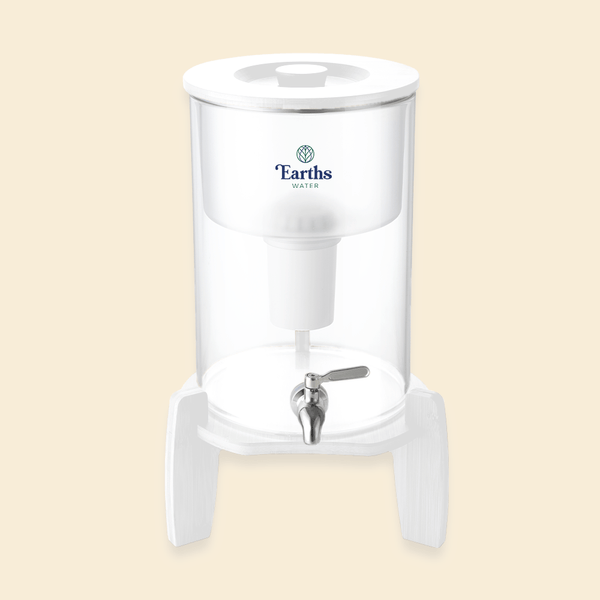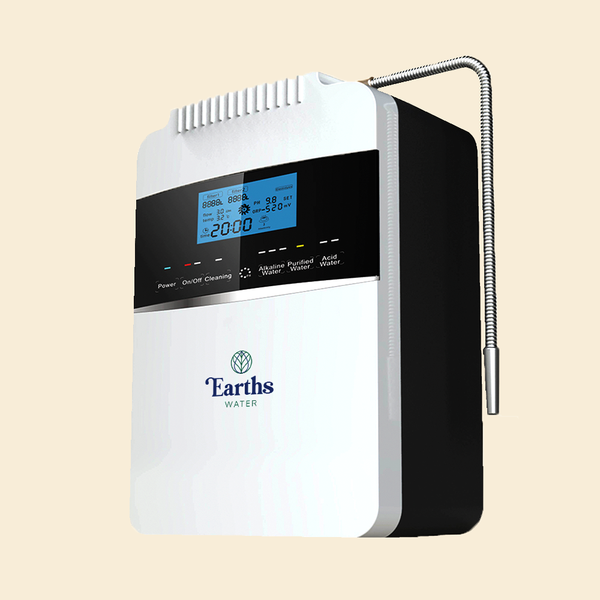Access to clean, safe drinking water is essential for maintaining good health. However, tap water can often contain various contaminants that may pose risks to our well-being. In this blog, we will explore the common contaminants found in tap water and discuss how alkaline water filters can play a crucial role in removing these impurities, providing you with clean and healthy water for your daily hydration needs.

Common Tap Water Contaminants
- Chlorine: Chlorine is commonly used as a disinfectant in municipal water treatment facilities to kill bacteria and other microorganisms. However, excessive chlorine levels can result in an unpleasant taste and odour in the water.
- Heavy Metals: Tap water can potentially contain heavy metals such as lead, mercury, arsenic, and cadmium. These metals can enter the water supply through corroded pipes, industrial waste, or natural sources. Prolonged exposure to heavy metals can have adverse effects on human health.
- Pesticides and Herbicides: Agricultural runoff and the use of pesticides and herbicides can introduce these chemicals into water sources. Consuming water contaminated with these substances may pose risks to human health, including potential long-term effects.
- Pharmaceuticals: The presence of trace amounts of pharmaceuticals in tap water has become a growing concern. These substances enter the water system through various means, including excretion and improper disposal of unused medications. Although the concentrations are typically low, the potential impacts on human health can have negative effects.
- Bacteria and Viruses: While tap water is generally treated to kill harmful bacteria and viruses, there is still a risk of contamination, especially in areas with inadequate water treatment facilities or during water supply disruptions.

How Alkaline Water Filters Help
Alkaline water filters can be a valuable addition to your home to address the issue of tap water contaminants. Here's how they can help:
- Filtration Technology: Alkaline water filters employ advanced filtration technologies to effectively remove contaminants from tap water. These filters often include multiple stages of filtration, such as activated carbon, sediment filtration, and sometimes even reverse osmosis. These filtration methods work together to target and eliminate various impurities, ensuring clean and safe drinking water.
- Chlorine Reduction: Alkaline water filters with activated carbon filtration are particularly effective in reducing chlorine levels in tap water. This results in improved taste and odour, making the water more enjoyable and safe to drink.
- Heavy Metal Removal: Some alkaline water filters utilise specialised filtration media, such as activated alumina or ion exchange resin, to target heavy metals like lead, mercury, and arsenic. These media trap and remove the metals from the water, significantly reducing your exposure to these harmful substances.
- Pesticide and Herbicide Removal: The multi-stage filtration process in alkaline water filters can effectively capture and remove pesticides and herbicides present in tap water. This helps ensure that your drinking water is free from these potentially harmful chemicals.
- Microorganism Elimination: Alkaline water filters equipped with advanced filtration technologies, such as ultraviolet (UV) sterilisation or reverse osmosis, can effectively eliminate bacteria, viruses, and other microorganisms that may be present in tap water. These additional filtration methods provide an extra layer of protection, ensuring the safety of the water you consume.

Choosing the Right Alkaline Water Filter
When selecting an alkaline water filter to address tap water contaminants, consider the following factors:
- Filtration Capacity and Speed: Ensure that the alkaline water filter you choose has a sufficient filtration capacity to handle your household's water consumption needs. Consider factors such as flow rate and filter lifespan.
- Certification: Look for alkaline water filters that have been tested and certified by reputable organisations, such as NSF International such as Earths Water. These certifications provide assurance of the filter's performance and effectiveness in removing contaminants.
- Maintenance and Cost: Consider the maintenance requirements and replacement costs associated with the alkaline water filter. Regular maintenance and timely replacement of filter cartridges are crucial to ensure the continued effectiveness of the filtration system.
Conclusion
Tap water contaminants can compromise the quality and safety of the water we consume daily. Alkaline water filters offer an effective solution to address these concerns by employing advanced filtration technologies to remove chlorine, heavy metals, pesticides, herbicides, and potentially harmful microorganisms. By investing in a reliable alkaline water filter, you can enjoy clean and healthy water that promotes your well-being.
When selecting an alkaline water filter, prioritise filtration capacity, certifications, and maintenance requirements. By making an informed choice, you can ensure that you and your family have access to clean, contaminant-free water for drinking, cooking, and staying hydrated.
Embrace the power of Earths Water alkaline water filters to safeguard your health and enjoy the numerous benefits of clean and healthy water in your daily life.









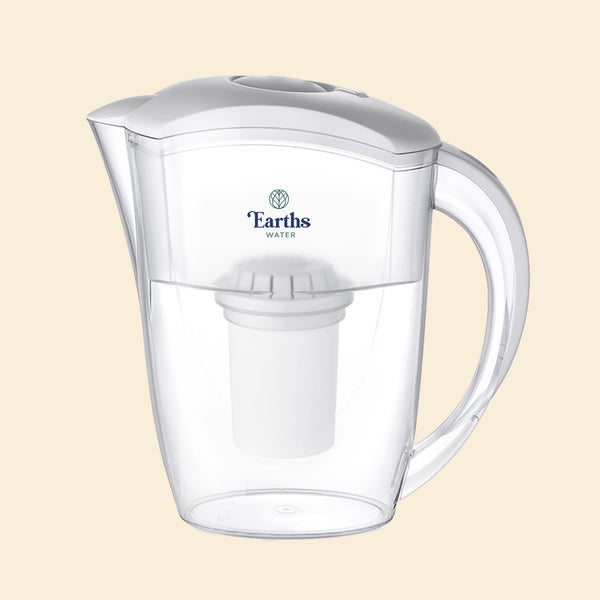
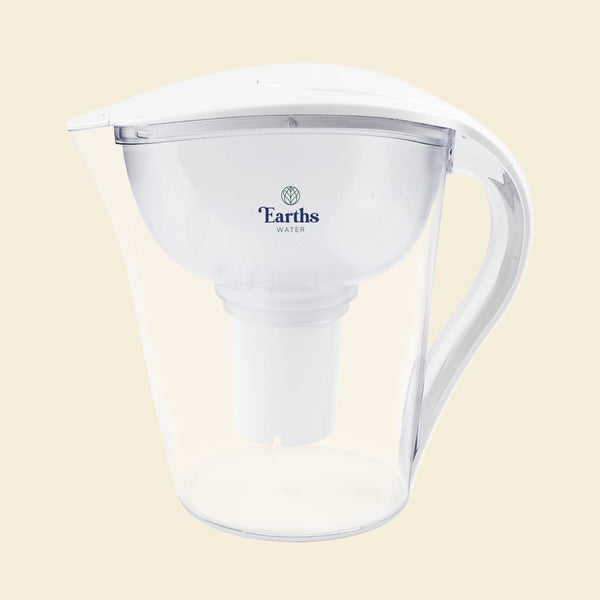
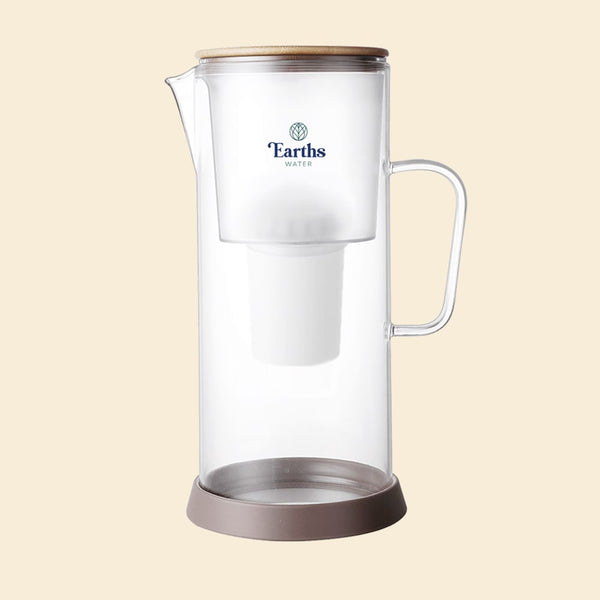
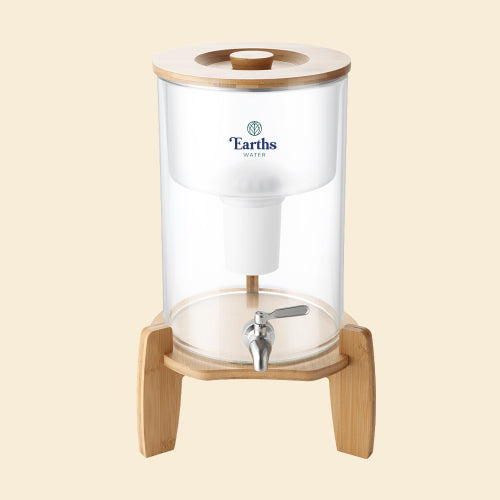

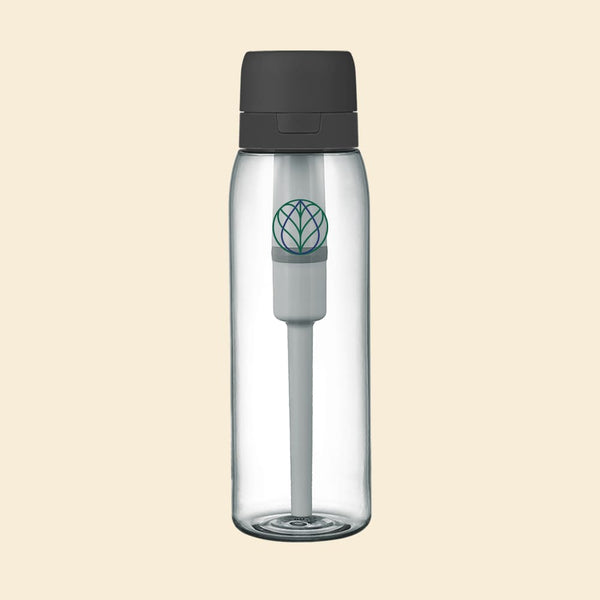
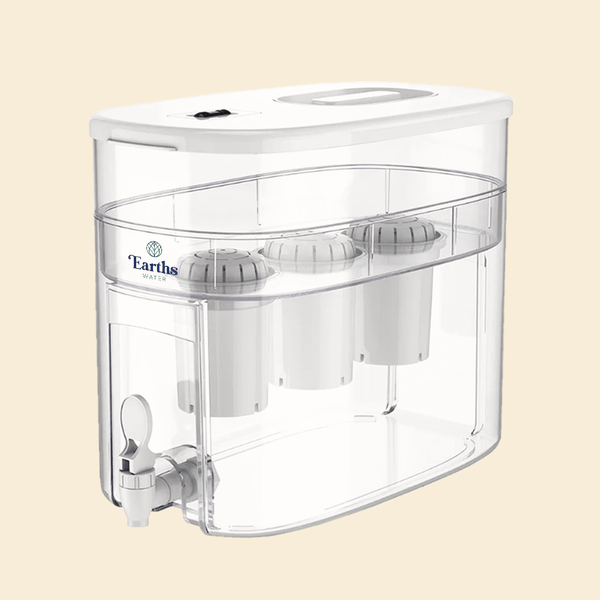
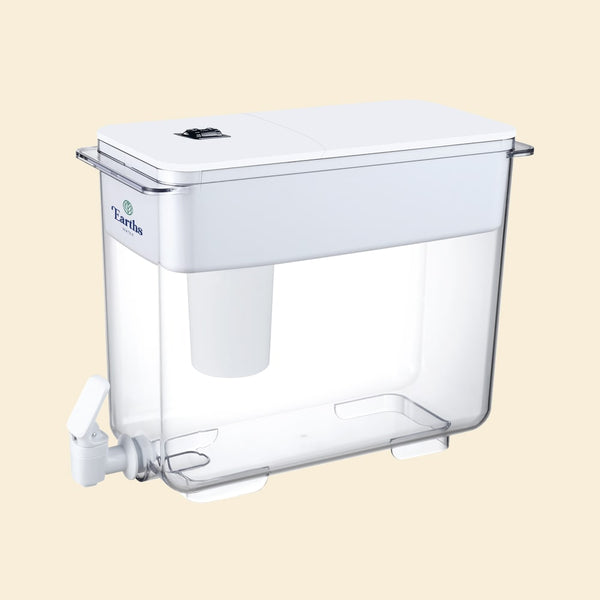
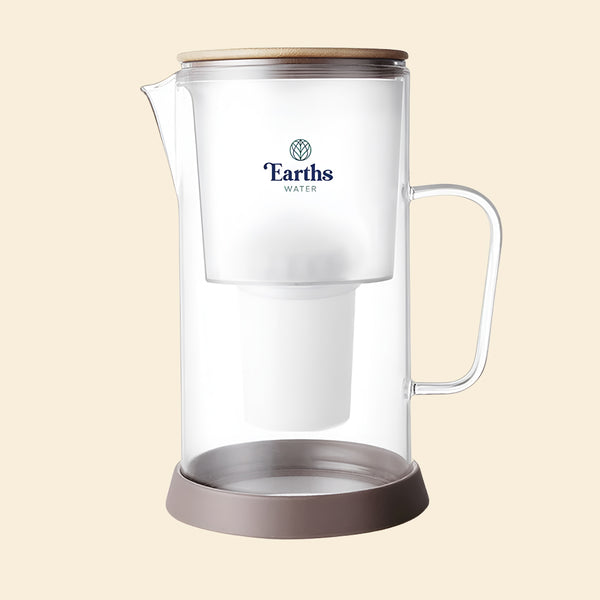
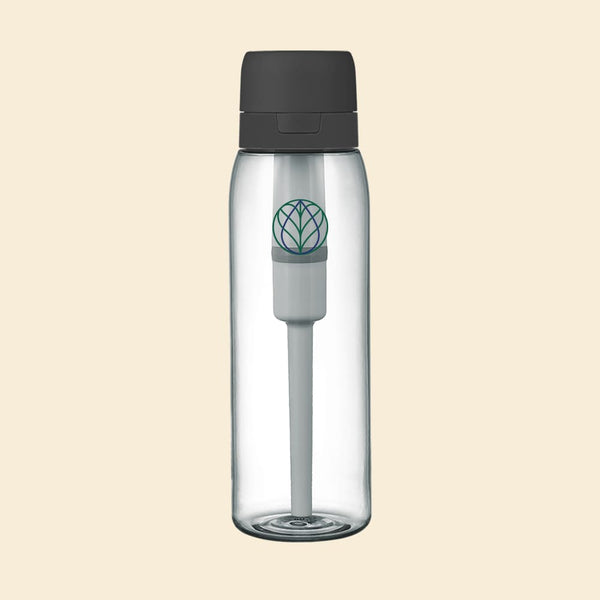
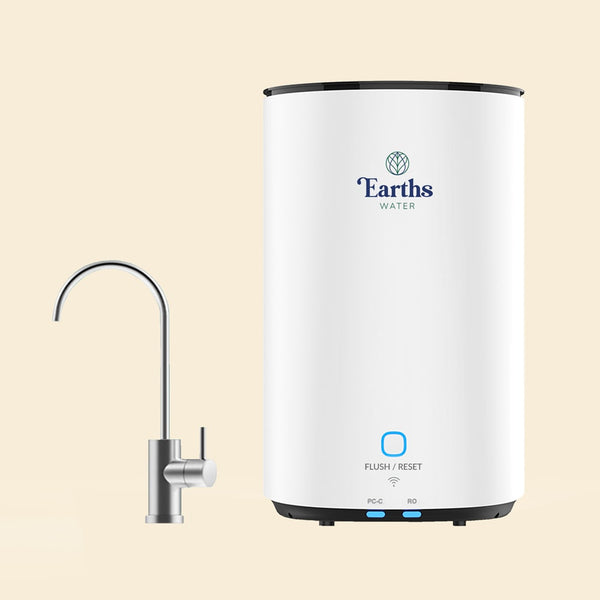

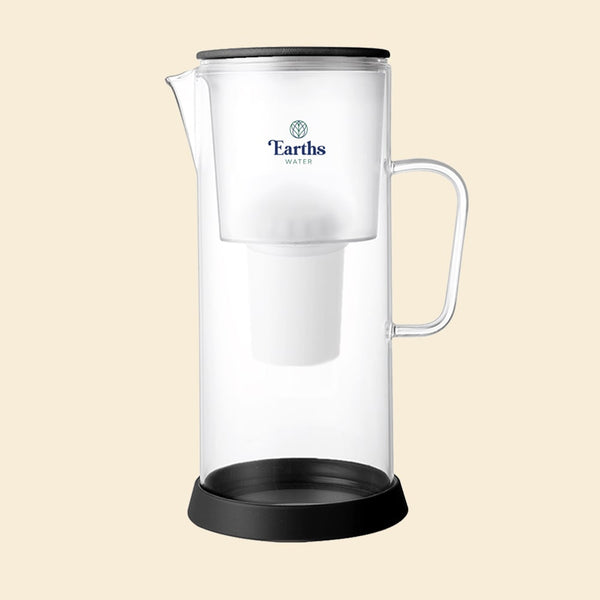
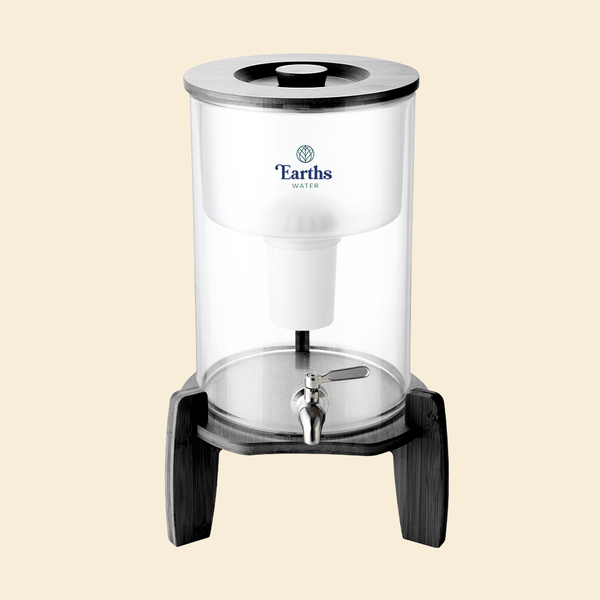
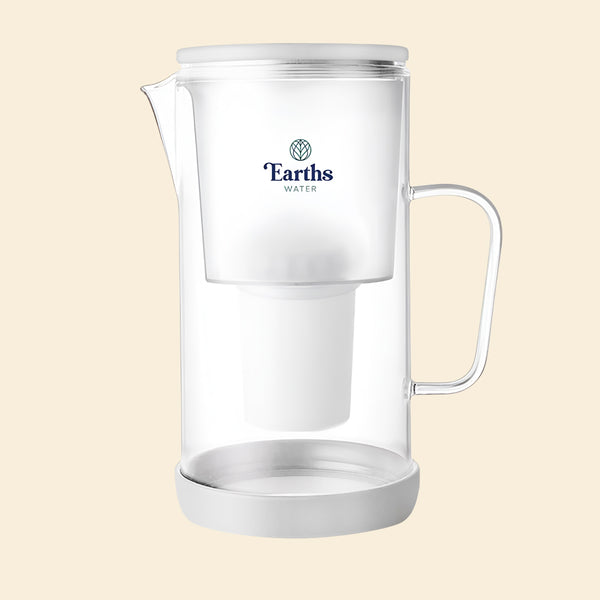
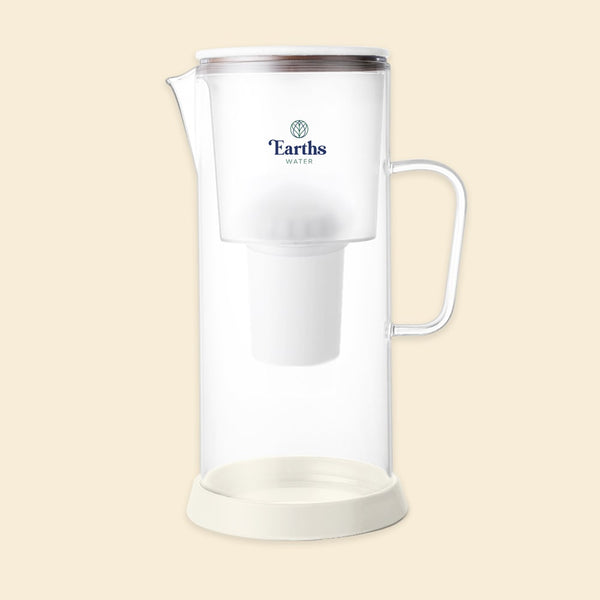
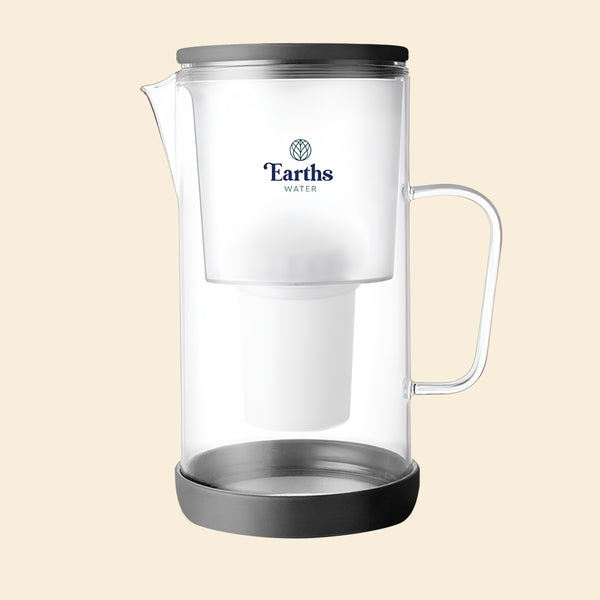
![9L Glass Benchtop Alkaline Water Filter - Eco Acacia [LIMITED EDITION]](http://earthswater.co.nz/cdn/shop/files/ACACIA-BENCHTOP-FRONT-BEIGE_600x600.png?v=1743392740)
